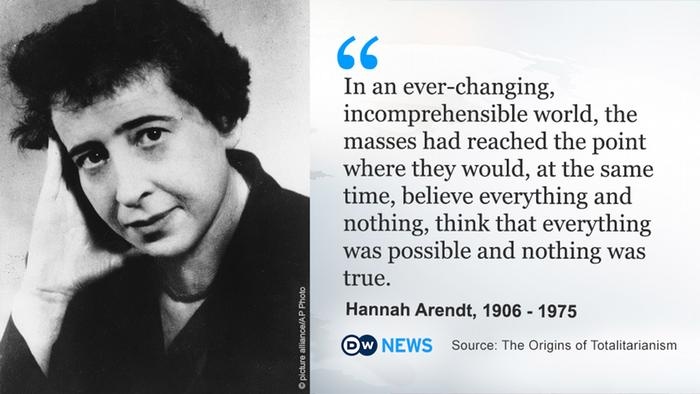“[Johnson repeatedly told the American people] ‘the first responsibility, the only real issue in this campaign, the only thing you ought to be concerned about at all, is: Who can best keep the peace?’ The stratagem succeeded; the election was won; the war escalated. .... President Johnson thus denied the electorate of any chance to give or refuse consent to the escalation of the war in Vietnam. Believing they had voted for the candidate of peace, American citizens were, within months, deeply embroiled in one of the cruelest wars in their history. Deception of this kind strikes at the very essence of democratic government.”
Bok’s Principle of Veracity
Bok arrives at a way to summarize the analysis. Her Principle of Veracity states that there is a strong initial presumption that lying is immoral. Lying is wrong but not when it is at least honestly excused and preferably justified. In asserting this moral principle, Bok rejects pure absolutism, which holds that all lies in all circumstances are immoral and thus immoral and unacceptable.
She also rejects utilitarianism, which considers only the consequences of the lie regardless of extenuating circumstances. For utilitarians, a lie that confers more perceived benefit than harm is acceptable. Lies that harm no one are acceptable. The problem is that some harms and benefits cannot be accurately assessed. For example, lies that lead to social distrust and reduced social cohesion. Also, lies can harm the liar as noted above. Bok argues “the more complex the acts, the more difficult it becomes to produce convincing comparisons of their consequences.” She points out that when multiple people are involved, assessing benefit and harm are “well-nigh impossible.”
She also rejects utilitarianism, which considers only the consequences of the lie regardless of extenuating circumstances. For utilitarians, a lie that confers more perceived benefit than harm is acceptable. Lies that harm no one are acceptable. The problem is that some harms and benefits cannot be accurately assessed. For example, lies that lead to social distrust and reduced social cohesion. Also, lies can harm the liar as noted above. Bok argues “the more complex the acts, the more difficult it becomes to produce convincing comparisons of their consequences.” She points out that when multiple people are involved, assessing benefit and harm are “well-nigh impossible.”
Other free speech and truth related thoughts
“.... we should stop thinking that the ‘marketplace of ideas’ can effectively sort fact from fiction. .... Unfortunately, this marketplace is a fiction, and a dangerous one. We do not want to limit free speech, but we do want to strongly advocate that those in positions of power or influence see their speech for what it is -- an exercise of power capable of doing real harm. It is irresponsible to advocate for unsupported views, and doing so needs to be thought of as a moral wrong, not just a harmless addition to some kind of ideal ‘marketplace.’ .... When we open channels for social communication, we immediately face a trade-off. .... Most of us get our false beliefs from the same places we get our true ones, and if we want the good stuff, we risk getting the bad as well.” -- From the 2019 book, The Misinformation Age: How False Beliefs Spread, Cailin O’Connor and James Weatherall, professors of logic and philosophy of science at the University of California Irvine.


No comments:
Post a Comment